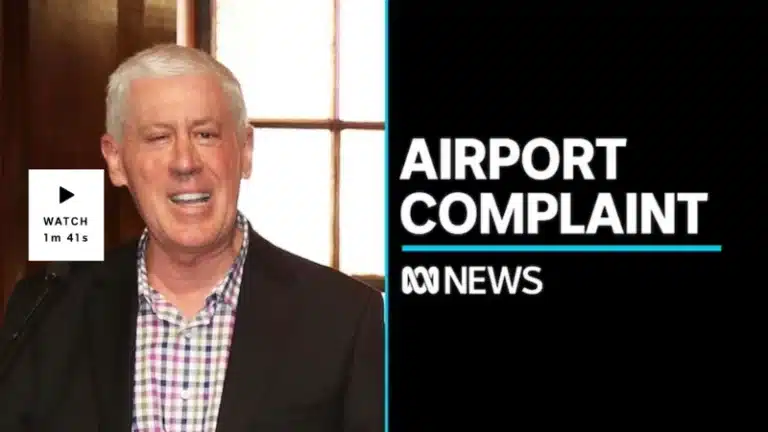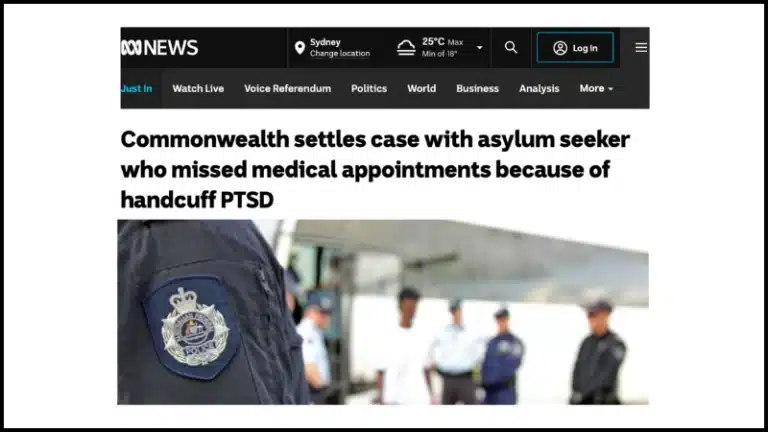The Public Interest Advocacy Centre has filed a test case in the Supreme Court challenging the use of “segregation” as a form of punishment in youth justice centres in New South Wales on behalf of their client Daniel*.
In 2016, while Daniel was held on remand at Cobham Youth Justice Centre, he was placed on a ‘Detainee Risk Management Plan’ (DRMP) and held in solitary confinement in a locked cell. This solitary confinement lasted for 25 days.
During this time, Daniel was only allowed half an hour out of his cell each day, while handcuffed and ankle-cuffed. He was punished for trying to communicate with other young people in the centre and was forced to eat all meals with his hands.
Daniel hopes that by bringing this legal challenge, other children won’t end up in the situation that he did.
‘What they did to me was wrong. It took a huge toll on my mental health, and I never want that sort of thing to happen to another kid again’, Daniel said.
The Public Interest Advocacy Centre has assisted Daniel to challenge to this practice in the Supreme Court. Daniel’s lawyers maintain that the use of “segregation” in youth justice centres as a form of punishment is unlawful and have asked the Supreme Court to make a declaration to this effect.
The Public Interest Advocacy Centre calls on Youth Justice to improve their current policies and practices on the use of solitary confinement. While Daniel’s experience was in 2016, current policies still allow for the confinement of children for long periods of time pursuant to DRMPs, with no mandatory minimum time out of their cells each day.
In a report published in 2018, the Inspector of Custodial Services found that ‘confinement is the most prevalent punishment in all [Youth Justice Centres] in NSW. This is despite there being no evidence that supports the use of confinement to effect positive behavioural change.’ The Inspector also found that use of force may be avoided if staff were trained in trauma-informed practice.
Camilla Pandolfini, from the Public Interest Advocacy Centre says:
‘We are very concerned about the harms caused by solitary confinement and the potentially unlawful use of solitary confinement as a form of punishment.
“Locking children in a cell, in isolation, for days and days on end has serious and lasting effects on mental health. It is inhumane and contrary to evidence-based rehabilitative and therapeutic approaches that should be the focus of treatment of young people.”
* A pseudonym has been used to protect this person’s identity.
Media contacts:
Alastair Lawrie, Director of Policy and Advocacy, 0478 739 280


